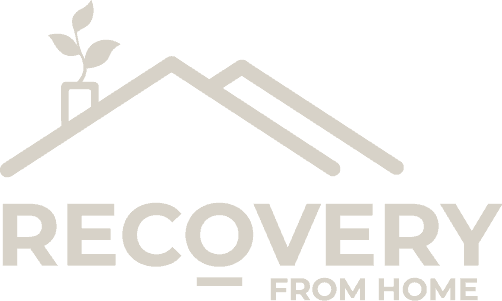Consciousness serves as the stage upon which lives unfold—a vibrant theater of thoughts, emotions, and perceptions. Yet, within this intricate setting, there are moments when the lights dim, the curtains fall, and the clarity of awareness fades into obscurity. These episodes, known as blackouts, represent a compelling enigma—a phenomenon that challenges our understanding of the mind, body, and their intricate interplay. This article explores the shadowy realm of blackouts, illuminating their causes, implications, and the critical role that Recovery From Home services can play for those for whom blacking out becomes a troubling pattern.
Exploring the Enigma of Consciousness Blackouts
Blackouts are temporary lapses in memory or awareness, ranging from fleeting seconds to disorienting stretches of hours. They manifest in diverse contexts—epileptic seizures, fainting episodes (known as syncope), or excessive consumption of alcohol or other substances. Despite their frequency across populations, blackouts remain cloaked in mystery, largely because they probe the elusive nature of consciousness itself. To comprehend what transpires during these episodes, one must examine both the physiological mechanisms at work and the profound, often unsettling experiences reported by those affected.
At their core, blackouts stem from disruptions in the brain’s complex neural networks. Neurologists point to breakdowns in communication within regions like the hippocampus—the brain’s memory center—as a key factor. In epilepsy, for instance, a surge of erratic electrical activity can overwhelm this system, erasing a segment of time from recall. Syncope, on the other hand, occurs when a sudden drop in blood pressure deprives the brain of oxygen, triggering a brief shutdown. Substances like alcohol exacerbate the issue by altering neurotransmitter balance—specifically GABA and glutamate—effectively stalling memory and perception. While these physiological explanations provide a foundation, they only begin to address the broader question of how consciousness can so swiftly dissolve.
Beyond the biological underpinnings, blackouts raise deeper inquiries into self-awareness and identity. Those who experience them often describe a surreal detachment—a sensation of drifting through a fog where time and space lose their usual structure. This disconnection prompts philosophical debates about the continuity of the self and what it means to be conscious. Does a person remain “themselves” during a blackout, when their actions persist but their awareness does not? This question draws interest from neuroscience, psychology, and even metaphysics, highlighting the interdisciplinary nature of the blackout enigma. Far from a mere medical curiosity, it challenges assumptions about the stability of human experience.
Why It Matters—and the Role of Recovery From Home
Investigating blackouts offers more than intellectual intrigue; it reveals the delicate balance sustaining conscious life. These episodes underscore the vulnerabilities of the mind and body, serving as a stark reminder of how easily equilibrium can falter. For some, a blackout is an isolated incident—a fleeting scare to recount later. But for others, it becomes a recurring issue, often linked to untreated medical conditions, substance misuse, or a combination of factors. When blacking out turns into a pattern, it signals a problem—one that Recovery From Home services are uniquely equipped to address.
Consider the individual grappling with repeated blackouts tied to alcohol or undiagnosed epilepsy. Left unchecked, these episodes erode quality of life, leaving gaps in memory and a lingering sense of instability. Recovery From Home offers a lifeline: tailored medical support, therapy, and management strategies, all delivered in the comfort of one’s own space. No sterile hospital visits or stigma—just practical help to stabilize the body and mind. For those prone to the blur, such services can mean the difference between spiraling in isolation and regaining control over their conscious existence.
The exploration of blackouts ultimately illuminates the fragility and resilience of awareness. These mysterious lapses peel back the layers of the human mind, exposing its intricacies and vulnerabilities. By delving into this enigma, society gains not only a deeper understanding of consciousness but also a clearer path to supporting those affected. For individuals caught in the cycle of blacking out, Recovery From Home services stand as a beacon—ensuring that the stage of their lives remains lit, vibrant, and whole.












Leave A Comment